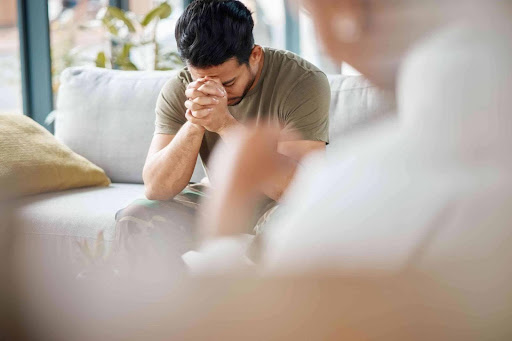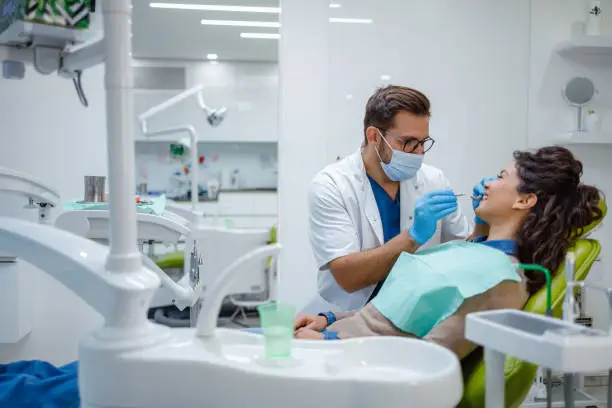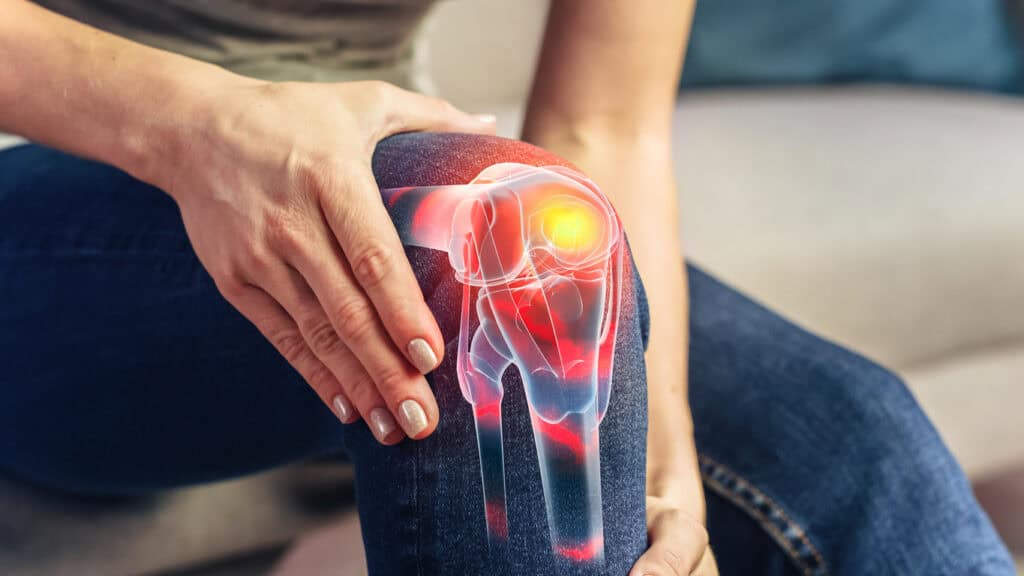Understanding Ibogaine Treatment Costs: What You Need to Know

Ibogaine, a potent psychedelic compound derived from the African Tabernanthe iboga plant, has garnered attention for its potential in treating substance use disorders, particularly opioid addiction. However, prospective patients often face a significant hurdle: the cost of treatment. This article delves into the factors influencing ibogaine treatment costs, providing a comprehensive overview to assist individuals considering this therapy.
What Is Ibogaine Treatment?
Ibogaine treatment involves the administration of a single, high-dose session of ibogaine, typically lasting between 24 to 36 hours. The treatment is designed to interrupt addictive patterns by resetting the brain’s neurochemistry. It’s particularly noted for its potential to alleviate withdrawal symptoms and reduce cravings associated with opioid use.
Factors Influencing Ibogaine Treatment Costs
1. Location of the Treatment Center
The geographical location of the treatment facility plays a crucial role in determining the cost. Since ibogaine is classified as a Schedule I substance in many countries, treatment centers are primarily located in regions where its use is permitted. Popular destinations include:
- Mexico: Treatment costs range from $4,000 to $8,000.
- Brazil: Prices vary between $3,500 and $7,000.
- Costa Rica: Expect to pay between $5,000 and $10,000 per session.
- Thailand: Clinics charge around $5,500 to $9,000.
These prices reflect the clinic’s operational expenses, legal considerations, and facility standards ibogastoreonline.com.
2. Reputation and Quality of the Clinic
Well-established clinics with experienced professionals and proven success rates tend to charge higher fees. Opting for a reputable facility ensures proper safety protocols and a higher likelihood of a successful outcome. Factors that contribute to higher costs at reputable clinics include:
- 24/7 medical supervision and emergency support
- Advanced monitoring equipment for patient safety
- Comprehensive post-treatment care to ensure long-term recovery
Choosing a well-reviewed, experienced facility increases the likelihood of a successful and safe ibogaine experience ibogastoreonline.com.
3. Duration of Treatment and Dosage Required
Ibogaine treatment programs can vary in duration, which influences pricing. Short-term programs (3-5 days) typically cost between $3,500 and $7,000, while extended treatments (7-14 days) can range from $7,000 to $12,000. High-end retreat-style programs may cost up to $20,000. The amount of ibogaine required for treatment also affects costs, with higher doses typically increasing the price ibogastoreonline.com.
4. Level of Medical Supervision and Additional Services
Ibogaine treatment requires medical monitoring to ensure patient safety. Facilities with qualified doctors, emergency medical equipment, and post-treatment care generally charge more due to the enhanced level of supervision. Some additional services that increase treatment costs include:
- Pre-treatment medical evaluations
- Continuous vital sign monitoring
- Emergency response teams on standby
- Psychological counseling and post-treatment support
Although higher costs may seem daunting, choosing a clinic with comprehensive medical care ensures a safer experience ibogastoreonline.com.
5. Accommodation and Comfort Level
Treatment centers range from basic medical settings to luxurious retreat-style facilities with added amenities such as yoga, spa services, and organic meals. The level of accommodation and comfort significantly impacts the price. Basic clinics may charge between $4,000 and $6,000, mid-range facilities between $7,000 and $10,000, and luxury retreats up to $20,000 ibogastoreonline.com.
Average Cost of Ibogaine Treatment
On average, clients spend around $12,000 for an ibogaine treatment program. This estimate includes the cost of the treatment itself, as well as additional expenses such as travel, accommodation, and ancillary services. It’s important to note that prices can vary widely based on the factors mentioned above Rehab.com.
Additional Considerations
Before committing to an ibogaine treatment program, it’s essential to consider the following:
- Legal Status: Ensure that ibogaine treatment is legal in the country where the clinic is located.
- Safety Protocols: Verify that the clinic adheres to strict medical safety standards.
- Aftercare Support: Inquire about post-treatment support and integration programs to enhance the effectiveness of the treatment.
Exploring Alternative Therapies: Psilocybin Education
While ibogaine shows promise in treating addiction, it’s not the only psychedelic compound under investigation. Psilocybin, the active ingredient in certain mushrooms, has also been studied for its potential therapeutic effects. Psilocybin education is crucial for individuals interested in exploring this alternative therapy. The Psychedelic Medicine Association offers resources and information on psilocybin, providing a comprehensive overview of its uses, benefits, and research developments.
Conclusion
Ibogaine treatment offers a potential pathway to recovery for individuals struggling with addiction. However, the cost can be a significant barrier. By understanding the factors that influence treatment costs and exploring alternative therapies like psilocybin, individuals can make informed decisions about their treatment options. Always consult with medical professionals and conduct thorough research before embarking on any treatment journey.




